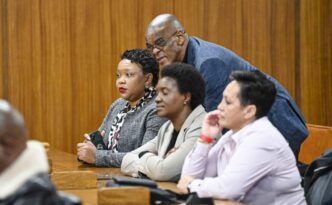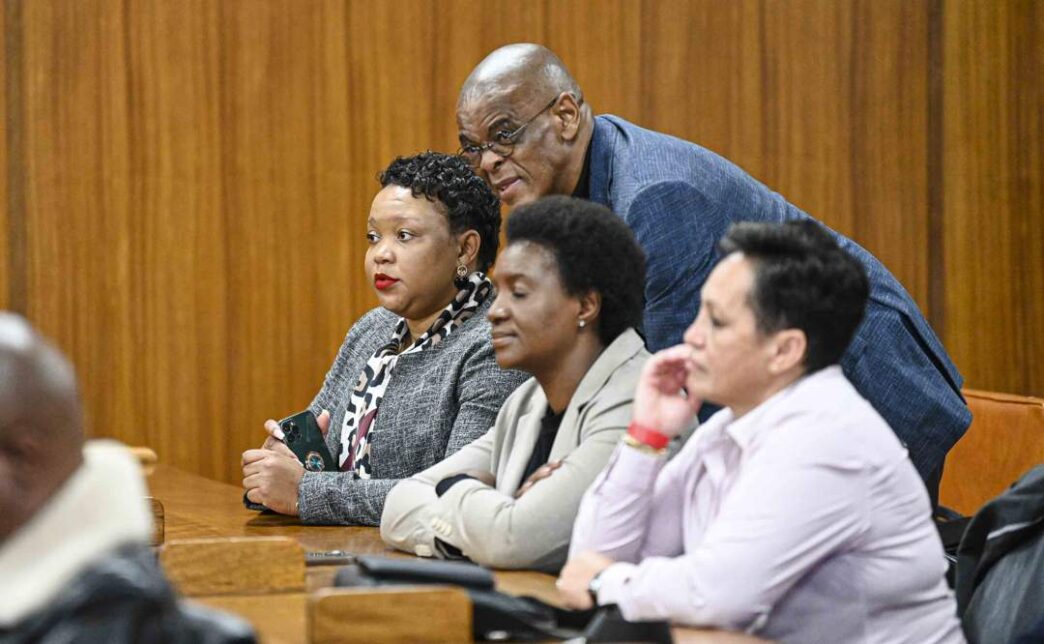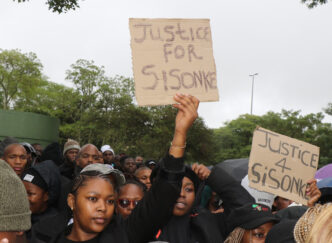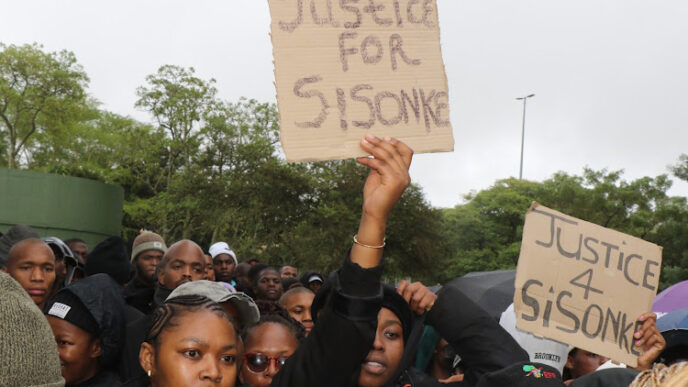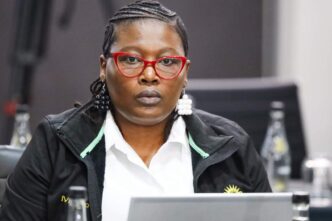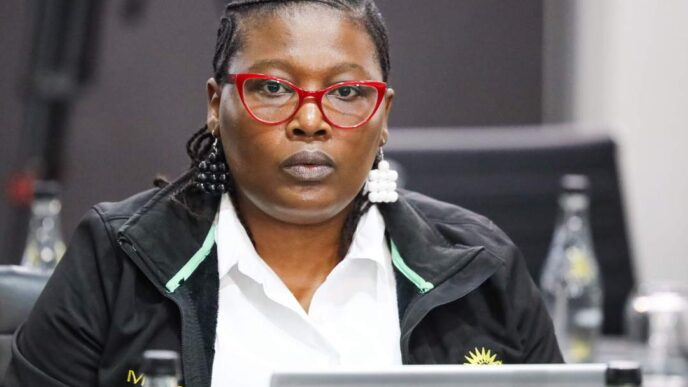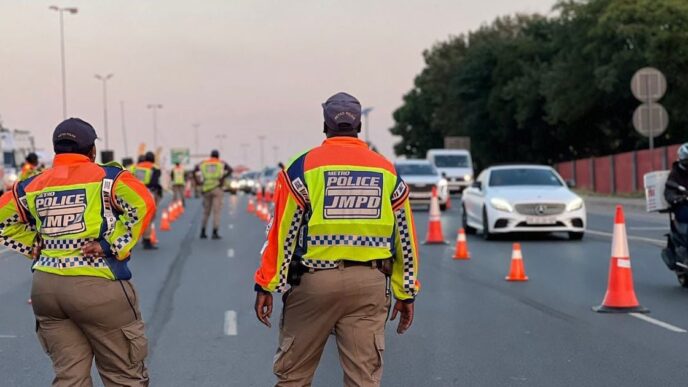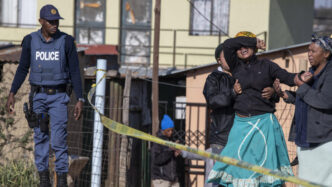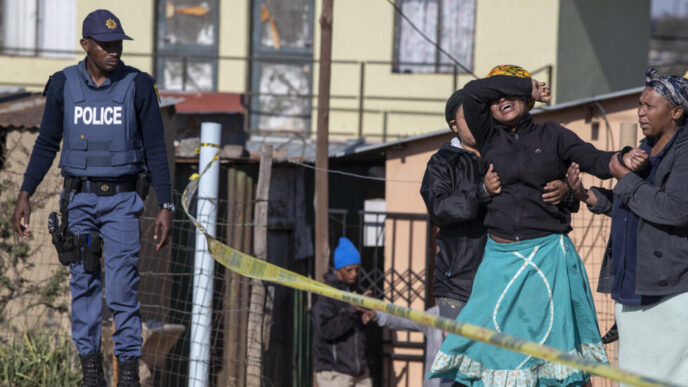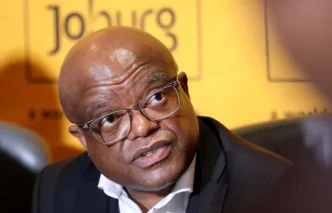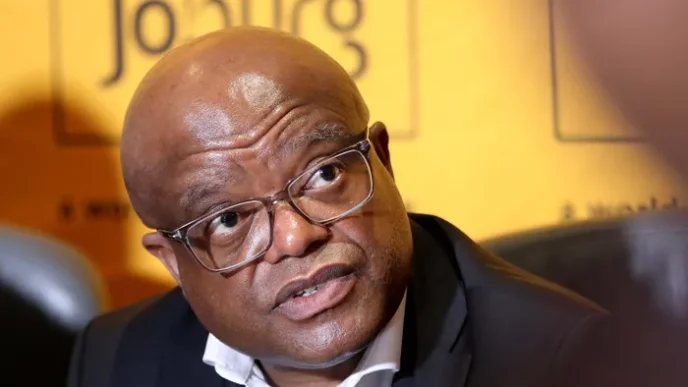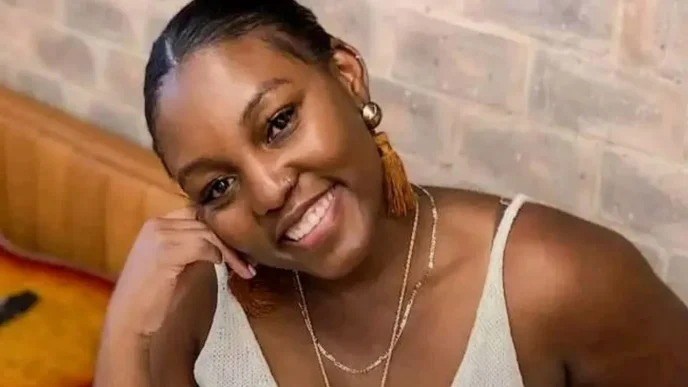The long-awaited trial of former Free State Premier Ace Magashule , accused of corruption tied to a multi-million rand asbestos remediation tender, has been postponed to 2026 , further delaying a resolution in one of South Africa’s most politically charged legal battles . The delay, announced on June 4, 2025 , comes amid procedural disputes and legal maneuvering, drawing sharp criticism from anti-corruption watchdogs who argue that justice remains elusive for elites embroiled in state capture scandals .
Magashule, the ANC’s suspended Secretary-General and a key figure in Jacob Zuma’s inner circle, faces charges of fraud, racketeering, and money laundering linked to a R300 million asbestos removal contract awarded during his tenure as Premier. Prosecutors allege that the tender was unlawfully awarded to companies with ties to Magashule’s associates, diverting public funds for personal gain . However, defense lawyers have repeatedly challenged the case’s admissibility, citing jurisdictional disputes and procedural irregularities, which contributed to the latest delay.
The postponement has drawn ire from civil society groups, who accuse the judiciary of enabling a culture of impunity. “This is yet another blow to accountability,” said a spokesperson for the South African Association of Personal Injury Lawyers (SAAPIL), which has monitored the case closely. “When trials drag on for years, it undermines public trust in the rule of law”. Magashule’s legal team declined to comment, but the accused has consistently denied wrongdoing, framing the case as politically motivated.
Public reaction has been polarized. Supporters of Magashule, particularly within ANC-aligned factions, welcomed the delay as evidence of a flawed legal system, while opposition parties condemned it as a tactic to evade scrutiny. “This trial is a test of whether South Africa can hold powerful figures accountable,” said a Pretoria-based analyst. “Postponements like this only deepen cynicism about justice”.
The case’s timeline underscores systemic challenges in prosecuting high-level corruption. Magashule’s trial was initially set for 2023 but has faced repeated adjournments due to legal appeals, witness availability, and court backlogs. Critics argue that such delays disproportionately benefit well-resourced defendants, allowing them to outlast legal processes—a pattern seen in other state capture cases involving figures like Gedleyihlekisa ‘Ace’ Magashule.
The postponement also carries political implications. With national elections scheduled for 2026, the delay grants Magashule breathing room to maintain influence within the ANC, despite his suspension over unrelated graft allegations. Analysts warn that unresolved legal battles could sway voter perceptions, particularly among disillusioned ANC supporters who view the case as part of a broader “witch hunt” against Zuma-aligned leaders .
As the trial shifts to 2026, the asbestos tender saga remains a symbol of South Africa’s struggle to reconcile judicial rigor with political reality—a balancing act that will define the nation’s fight against corruption in the coming years.
